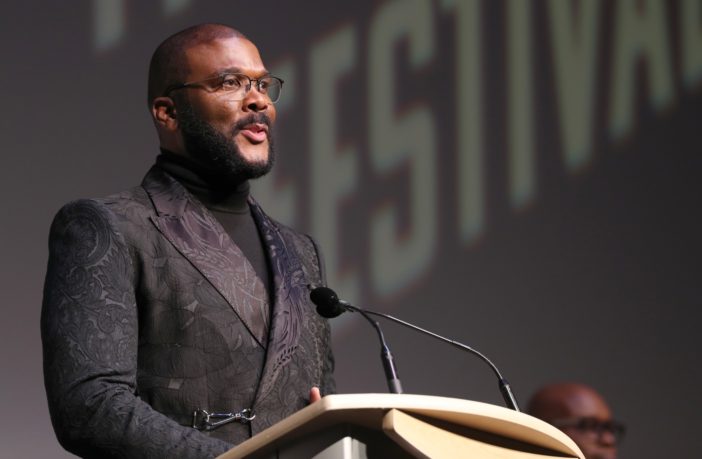Filmmaker and entrepreneur Tyler Perry recently halted an $800 million expansion of his Atlanta-based studio due to the advancements in AI.
Perry’s pause on expanding his 330-acre studio, which would have added 12 soundstages, underscores the disruptive potential of AI in the entertainment industry.
AI’s Capabilities
During an interview with The Hollywood Reporter, Perry expressed his awe at OpenAI’s Sora’s capabilities in particular.
Sora can generate vivid and complex video scenes merely from text descriptions, potentially eliminating the need for location shooting or set building.
“Being told it can do all of these things is one thing, but actually seeing the capabilities, it was mind-blowing,” he told The Hollywood Reporter.
Perry noted that the advancements could mean his productions might not have to travel to locations or build sets with the assistance of technology.
“If I wanted to be in the snow in Colorado, it’s text. If I wanted to have two people in the living room in the mountains, I don’t have to build a set in the mountains… I can sit in an office and do this with a computer.”
Protecting jobs
Perry also emphasized the dual-edged nature of such technologies, as they can seriously threaten jobs across the industry.
“It makes me worry so much about all of the people in the business. I immediately started thinking of everyone in the industry who would be affected by this.”
The implications for various industry roles became clear as Perry integrated AI into two of his upcoming films.
The technology’s rapid advancement could affect a wide range of professions, from actors to technical crews, raising concerns about job security and the need for new skill sets.
Perry recognizes the necessity of adapting to these changes while voicing a strong commitment to safeguarding the livelihoods of those in the industry.
His stance now is a call for a unified industry response to the AI revolution.
“I think that it has to be everybody, all involved in how do we protect the future of our industry because it is changing rapidly, right before our eyes,” he said.
“I know each union is individual… but I think that this is a time for galvanizing one voice in motion to help save, protect the individuals of our industry.”
Industry Reactions
The industry’s reaction has been mixed, with figures like Brian Brackeen acknowledging the inevitability of AI’s impact.
“It’s happening,” Brackeen tweeted. “THIS is what I noted in a chat with Producers of Color Group talk back in October,” Bärí A. Williams tweeted.
“AI *will* change all industries, which means not just efficiency but the byproducts and consequences of it (which can include displacement/job loss/ skill stagnation).”



